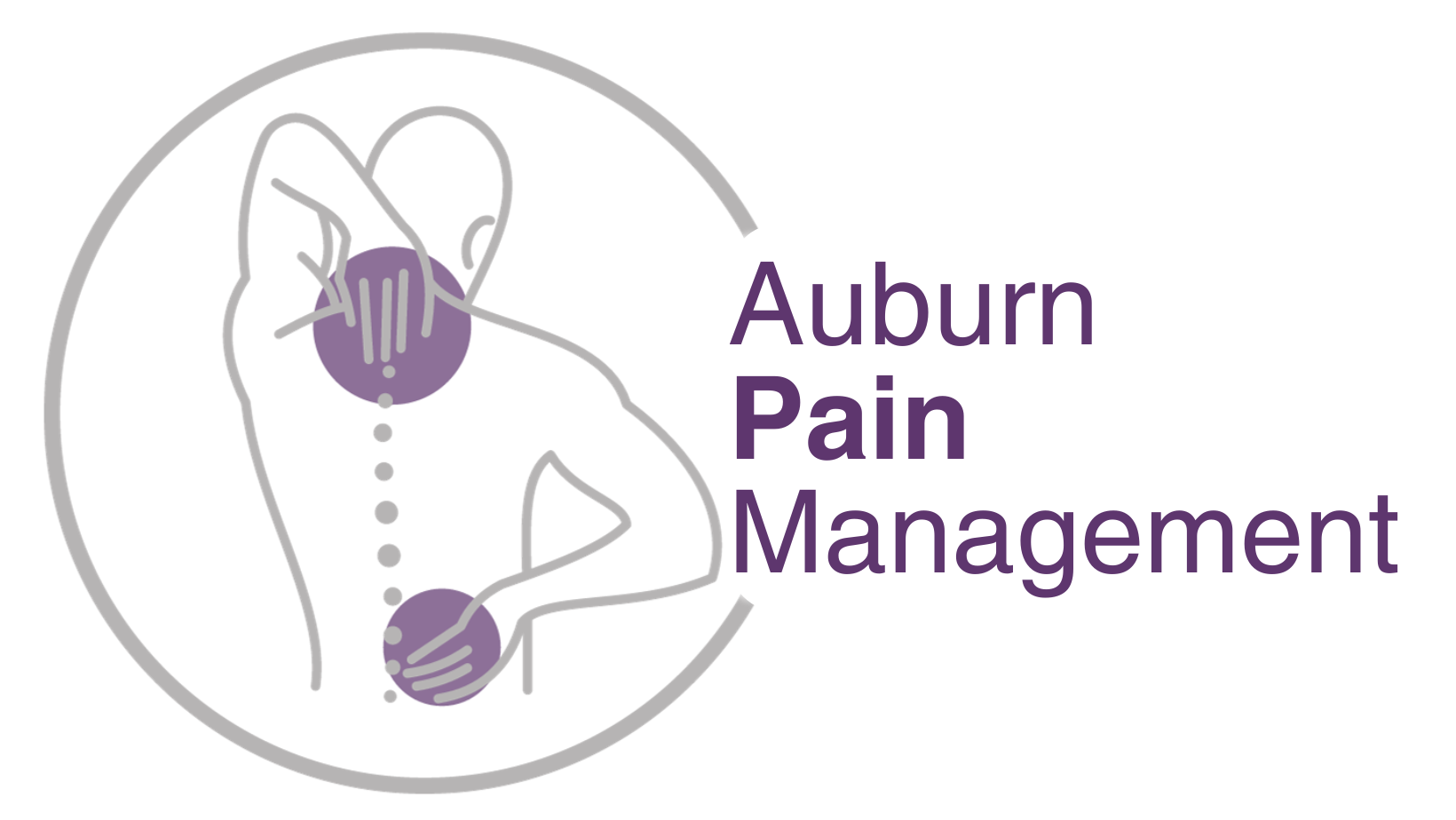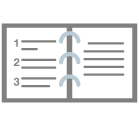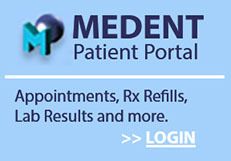Auburn Community Hospital Pain Management Clinic
Chronic pain affects millions of Americans, negatively impacting their energy levels and overall quality of life. The ACH Pain Management Clinic is designed to address the unique needs of chronic pain sufferers, providing diagnosis of and treatment for chronic pain with either a targeted or comprehensive full-body approach.
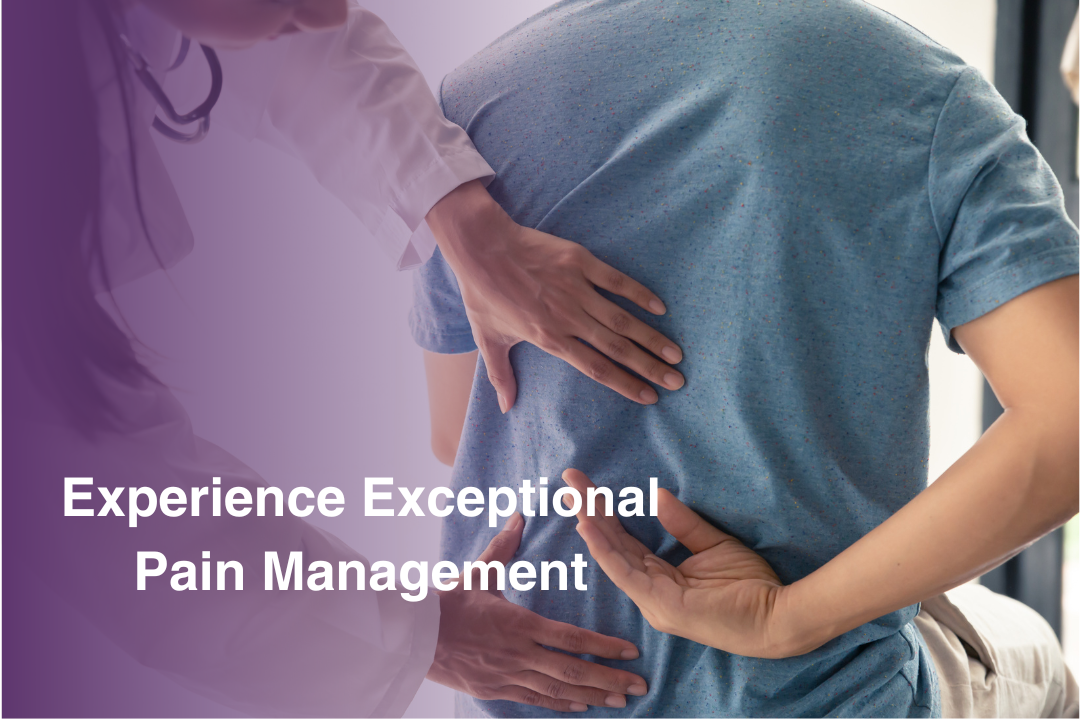
We Are Accepting New Patients!
From general back and neck pain to advanced treatments for herniated discs, post-trauma pain, sports injuries, and more, our team is dedicated to providing personalized care. Whether you need a targeted approach or a comprehensive full-body plan, we’re here to help you regain control and enhance your quality of life. Let us support you on your path to relief and wellness.
Learn More
We Are Accepting New Patients!
From general back and neck pain to advanced treatments for herniated discs, post-trauma pain, sports injuries, and more, our team is dedicated to providing personalized care. Whether you need a targeted approach or a comprehensive full-body plan, we’re here to help you regain control and enhance your quality of life. Let us support you on your path to relief and wellness.
Learn MoreGray Section On

77 Nelson St, Suite 230
Auburn, NY, 13021
P: 315-255-7246
F: 315-255-7448
Small Map + Appointments On
Large Map Off
Meet Our Team!
Living with chronic pain can significantly affect your energy, mobility, and overall quality of life. At Auburn Pain Management Clinic, we specialize in diagnosing and treating chronic pain with personalized care tailored to your unique needs.
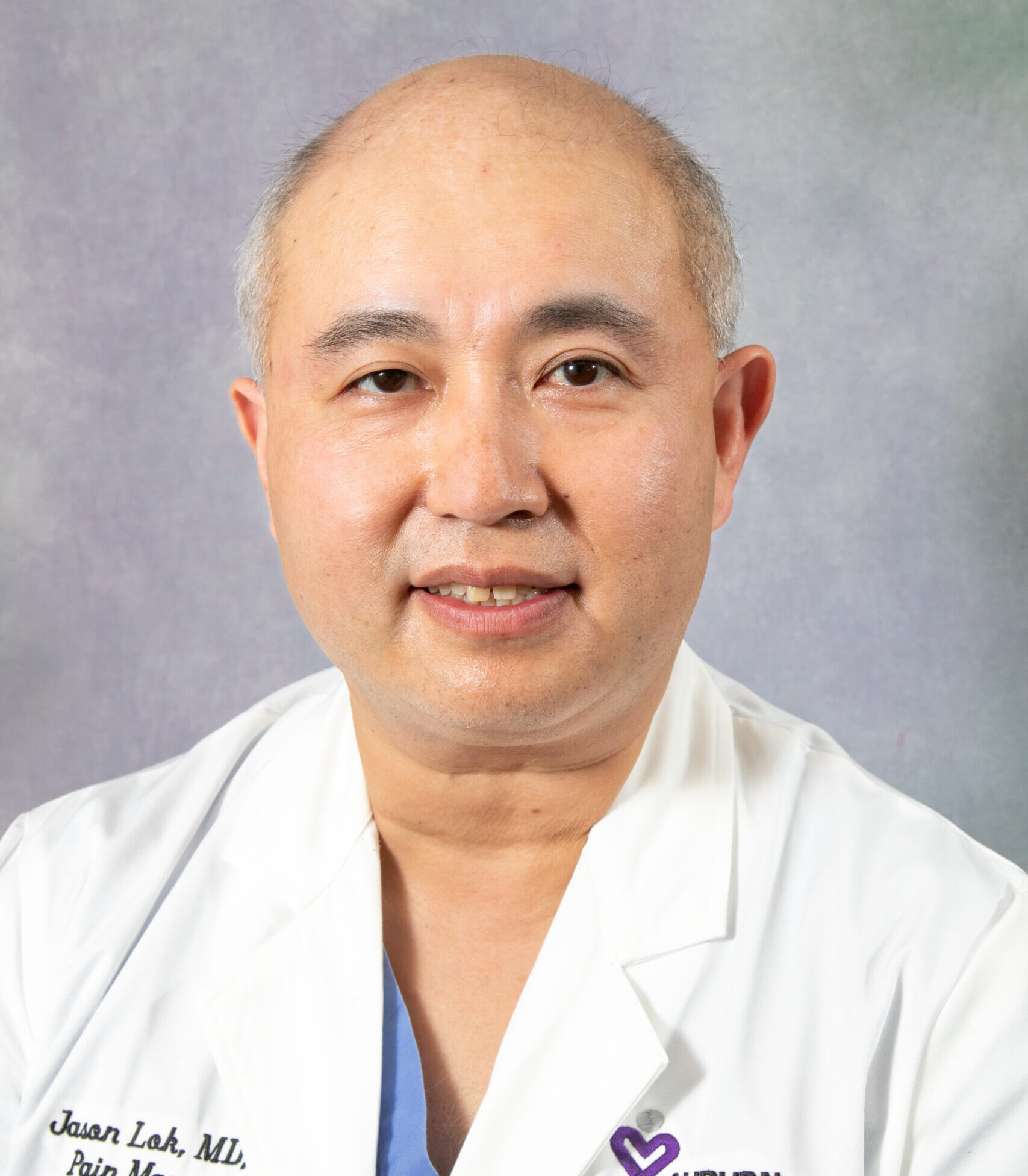
Jason Lok, MD, FASA
Jason Lok, MD, FASA
Dr. Lok graduated from SUNY Upstate Medical University in 1994 and did his internship in general surgery and completed his Anesthesia Residency with Fellowship training in Pain Medicine. He is board certified in anesthesiology and pain medicine. He has taught residents and fellows in anesthesiology and pain medicine at SUNY Upstate Medical University for more than 10 years. Dr. Lok has practiced Pain Medicine with Orthopedics East, and with New York Spine & Wellness Center for 12 years. He is also the president of the New York State Society of Anesthesiologists.
Education: SUNY Upstate Medical University
Fellowship: Department of Anesthesiology, SUNY Upstate Medical University
Residency: Department of Anesthesiology, SUNY Upstate Medical University
Board Certifications: American Board of Anesthesiology
Location: 17 Lansing Street, 1st Floor, Auburn, NY, 13021


Donna Ferrero, MD
Donna Ferrero, MD
Dr. Ferrero is a non-surgical spine specialist known as a Physiatrist or Doctor of Physical Medicine and Rehabilitation. She treats acute and chronic spine disorders, specifically neck and back pain, and uses a variety of treatments such as medications, physical therapy and soft tissue injections including trigger point and bursa injections in the office. Her primary goal is to maximize a patient’s function to improve their quality of life.
She graduated Magna Cum Laude and Phi Beta Kappa obtaining her Bachelor of Science degree in Neuroscience from the University of Rochester in 1989. She received her medical degree in 1994 graduating Cum Laude from the University of Buffalo School of Medicine. She completed her residency at Tufts/New England Medical Center in 1998 and is certified by the American Board of Physical medicine and Rehabilitation.
Dr. Ferrero lives in Fairport, NY. She is married 30 years and is an empty nester with two daughters, one in college and one out on her own living in Chicago. Outside of work she enjoys spending time with her family, Pilates, playing pickle ball, reading, watching movies, traveling and especially watching football rooting on the Indiana Hoosiers and the Buffalo Bills!

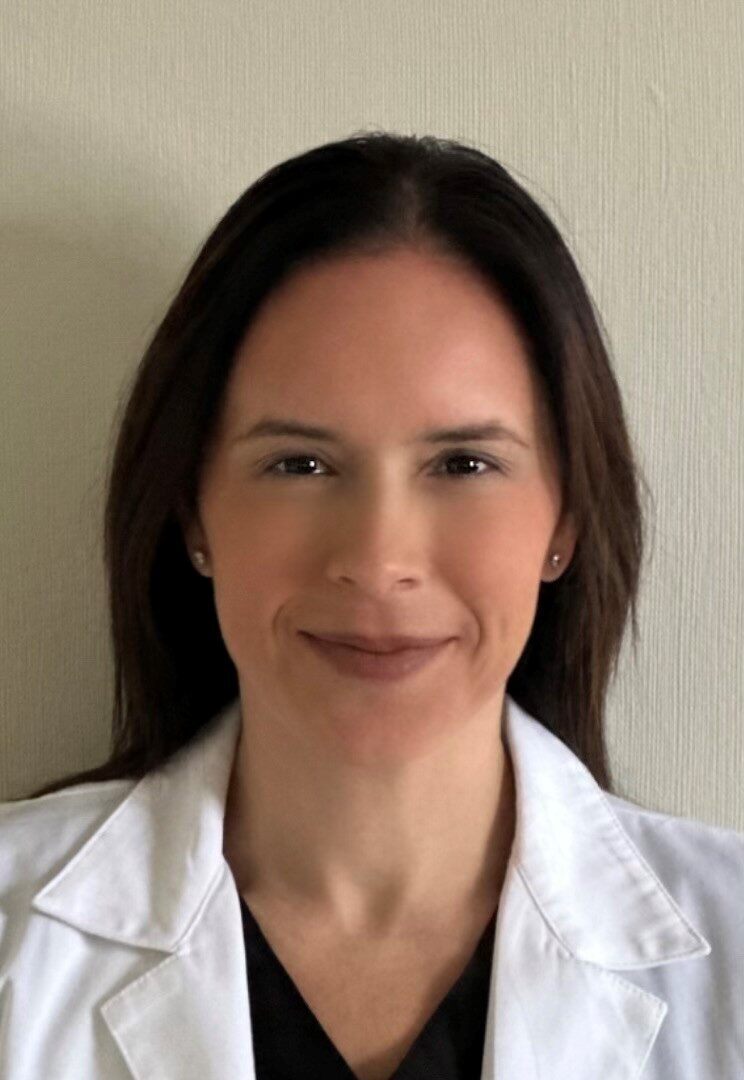
Rebecca Tallarico, NP
Rebecca Tallarico, NP
Comprehensive experience in pain management for over 5 years and several additional years of hospital nursing experience including Medical-Surgical Unit, Labor and Delivery, NICU, and Operating Room.


Maureen Dellefave, NP
Maureen Dellefave, NP
Maureen Dellefave, NP, brings a wealth of experience to her role as a Nurse Practitioner. She earned her Bachelor’s degree in Psychology and Sociology from SUNY Potsdam, an Associate of Science in Nursing from Onondaga Community College, and a Master of Science in Nursing from Upstate Medical University.
Her career spans over a decade, including three years as a medical-surgical floor nurse at Community General Hospital, three years as a nursing instructor, eight years specializing in asthma, allergy, and immunology, and experience in pain management.
In addition to her professional accomplishments, Maureen is a proud mother of three adult children and an avid health and fitness enthusiast. She enjoys running marathons, golfing, and staying active year-round.

The ACH Pain Management Clinic Team
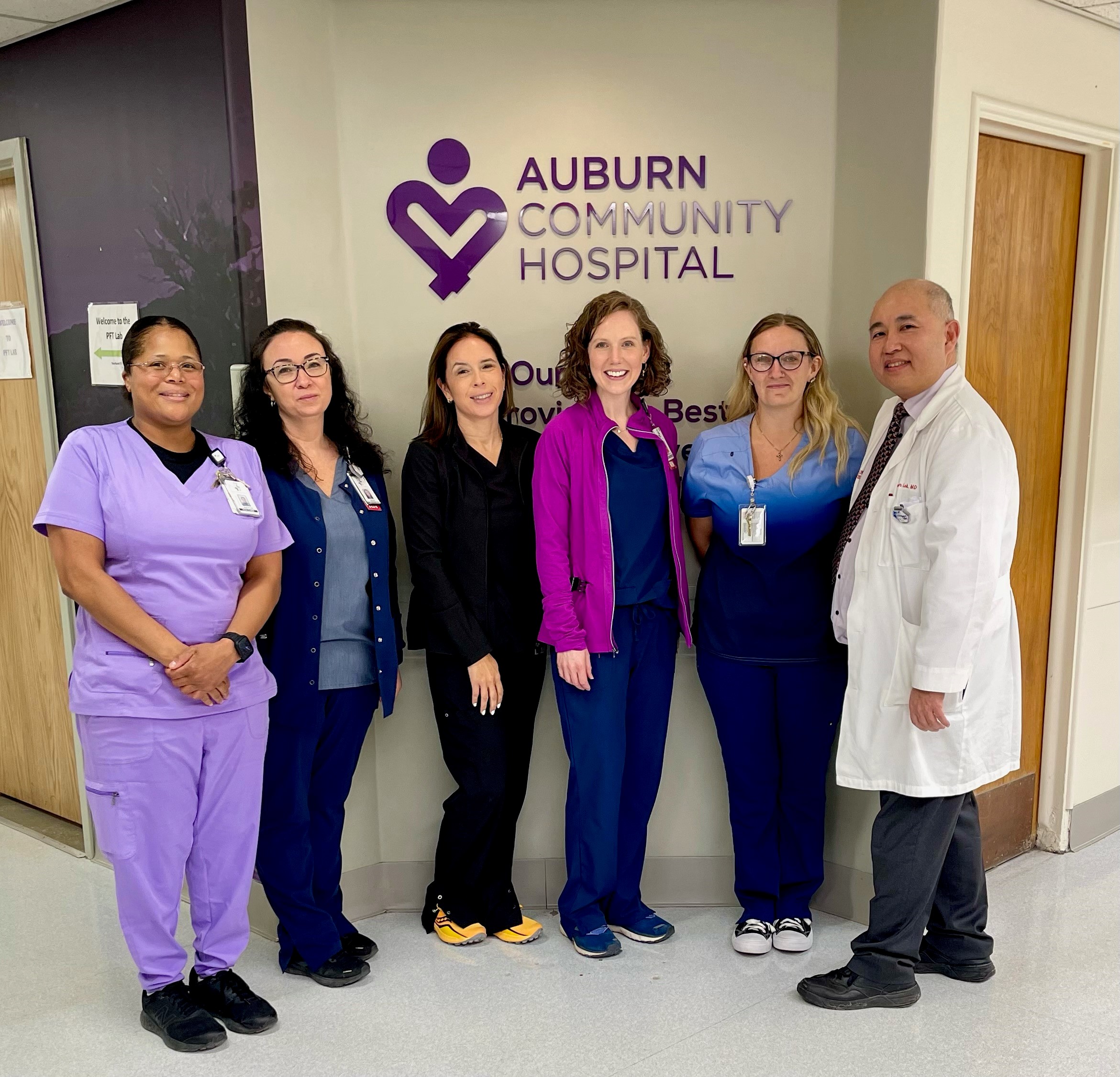
Gray Section On

77 Nelson St, Suite 230
Auburn, NY, 13021
P: 315-255-7246
F: 315-255-7448
Small Map + Appointments On
Large Map Off
Our Treatments
The ACH Pain Management clinic provides a personal treatment plan for chronic pain. Patients and referring physicians receive expert evaluation and advice on the appropriate resources for treating all chronic pain disorders. We offer everything from non-opioid medication management to diagnostic testing to interventional procedures to referrals to appropriate specialists. Patients are usually referred to us by orthopedists, neurosurgeons, neurologists, ER physicians, primary care physicians, and chiropractors.

Types of Pain Treated
Low back pain
Spinal stenosis
Herniated discs
Neck pain
Failed back surgery
Complex Regional Pain Syndrome (CRPS)
Reflex Sympathetic Dystrophy (RSD or CRPS Type 1)
Causalgia (CRPS Type 2)
Spinal arthritic pain
Post-surgical pain
Post-trauma pain
Cancer pain
Shingles
Headaches
Occipital neuralgia
Sports injury
Neuropathies
Sacroiliac pain
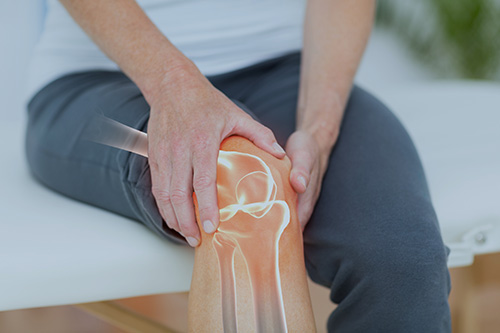
Pain Treatment Procedures
Cervical Epidural Steroid Injections
Cervical Transforaminal Epidural Steroid Injection
Thoracic Epidural Injections
Lumbar Epidural Steroid Injection
Lumbar Transforaminal Epidural Steroid Injection
Caudal Steroid Injections
Medial Branch Block for Cervical, Thoracic, and Lumbar Spine
Facet Joint Medial Branch Radiofrequency Neurotomy
Sacroiliac Joint Steroid Injections
Sacroiliac Radiofrequency Neurotomy
Genicular Radiofrequency Neurotomy for Chronic Knee Pain
Intercostal Nerve Blocks
Trigger Point Injections
Third Occipital Nerve Block
Stellate Ganglion Block
Lumbar Paravertebral Sympathetic Block
Splanchnic Block for Abdominal Pain
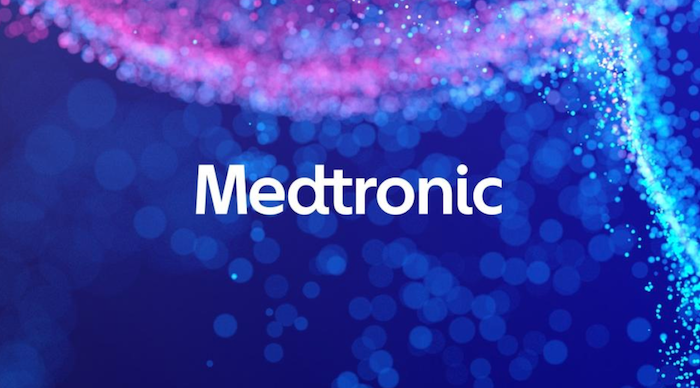
Spinal Cord Stimulation for Chronic Pain
Learn more about Medtronic spinal cord stimulation treatment for chronic pain. Find information on the trial period, implant procedure and daily living with the therapy.

Spinal Cord Stimulator Device Support
Visit Boston Scientific’s page to learn everything you need to know about living with a spinal cord stimulator, including frequently asked questions and recovery guidelines.
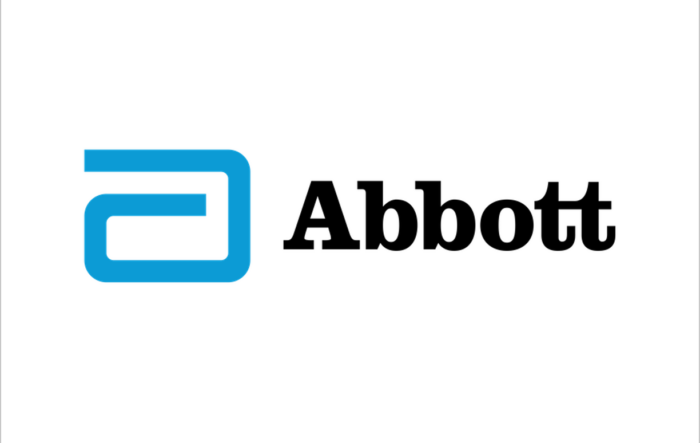
Proclaim™ DRG System
Abbott’s Proclaim™ DRG System treats CRPS 1 or CRPS II from lower extremity injuries.
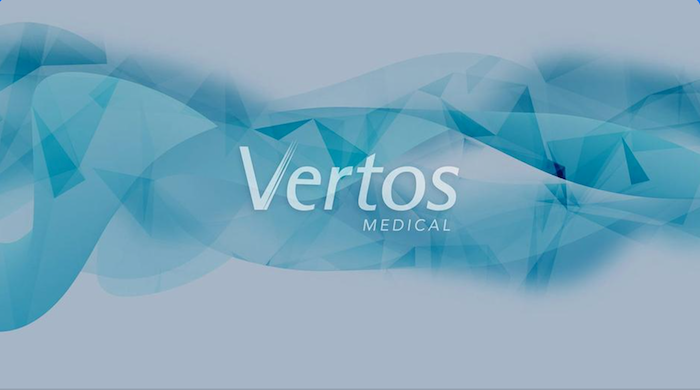
Mild® Procedure for Lower Spinal Stenosis
The Mild® Procedure for LSS has been performed on thousands of patients to provide lasting pain relief and increased mobility.
Gray Section On

77 Nelson St, Suite 230
Auburn, NY, 13021
P: 315-255-7246
F: 315-255-7448
Small Map + Appointments On
Large Map Off
A Holistic Approach to Patient Care
Our ultimate outcome is to have patients A) completely discontinue their opioid medication, B) be able to return back to work, and C) be able to better tolerate their daily-living activities (ADLs). Your pain management plan may incorporate a combination of the following treatment approaches.

Conservative Medication Management
Reduce or Eliminate Opioid Dependence; Use Pain Nerve Stabilizers (Anti-Epileptics); Use of Anti-Depressants; Use of NSAIDs
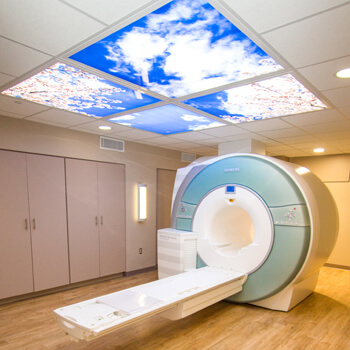
Diagnosis
Physical Exams; Imaging; EMG Studies
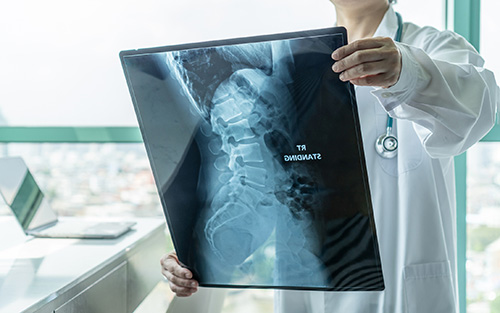
Interventions
Epidurals; Nerve Blocks; Radiofrequency Ablations; Spinal Cord Stimulator; Dorsal Root Ganglion Stimulator; Minimally Invasive Lumbar Decompression (MILD)
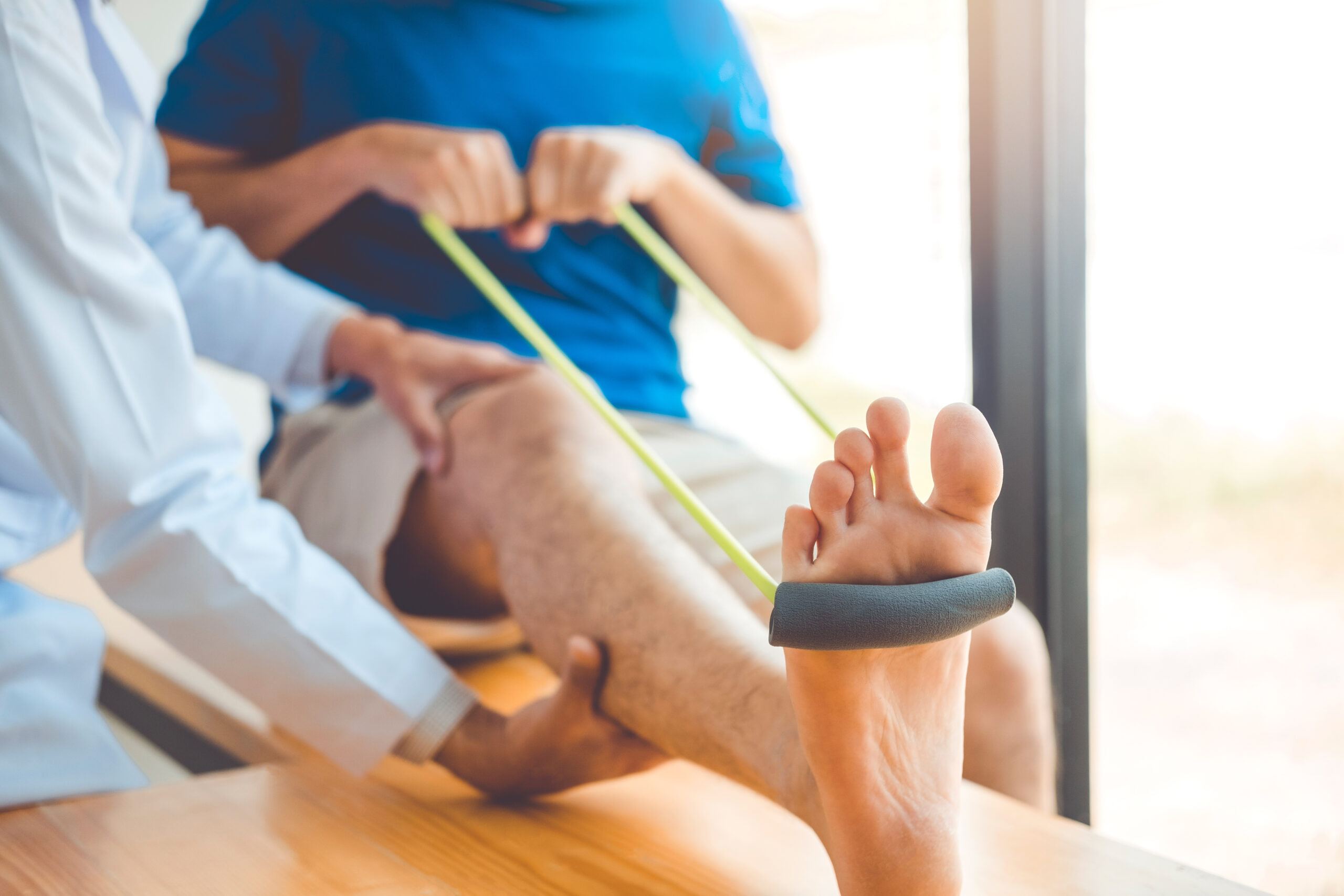
Physical Therapy
Muscle Strengthening; Range of Movement Improvement; Transcutaneous Electrical Nerve Stimulation (TENS)

Chiropractic Care
Spinal Manipulation; Spinal Decompression

Behavioral Therapy
Cognitive Therapy; General Counseling; Biofeedback; Visual Distraction
Gray Section On

77 Nelson St, Suite 230
Auburn, NY, 13021
P: 315-255-7246
F: 315-255-7448
Small Map + Appointments On
Large Map Off
Patient Resources
The following links will take you to patient resources on the main Auburn Community Hospital website.
Billing & Insurance
Patient Resources
Gray Section On

77 Nelson St, Suite 230
Auburn, NY, 13021
P: 315-255-7246
F: 315-255-7448
Small Map + Appointments On
Large Map Off
Gray Section On

77 Nelson St, Suite 230
Auburn, NY, 13021
P: 315-255-7246
F: 315-255-7448
Small Map + Appointments On
Large Map Off
Request an Appointment
Contact Us
The ACH Pain Management Clinic is conveniently located at 77 Nelson St., Suite 230 in Auburn. Free parking is available in the hospital parking garage.
To speak with a member of our team, please call (315)-255-PAIN (7246).
Hours of Operation: Monday – Friday: 7:30 am – 4:00 pm
Gray Section On

77 Nelson St, Suite 230
Auburn, NY, 13021
P: 315-255-7246
F: 315-255-7448
Small Map + Appointments Off
Large Map On
AWARDS
AUBURN COMMUNITY HOSPITAL 17 Lansing Street, Auburn, NY 13021 315-255-7011
© 2025 Auburn Community Hospital. All Rights Reserved.
